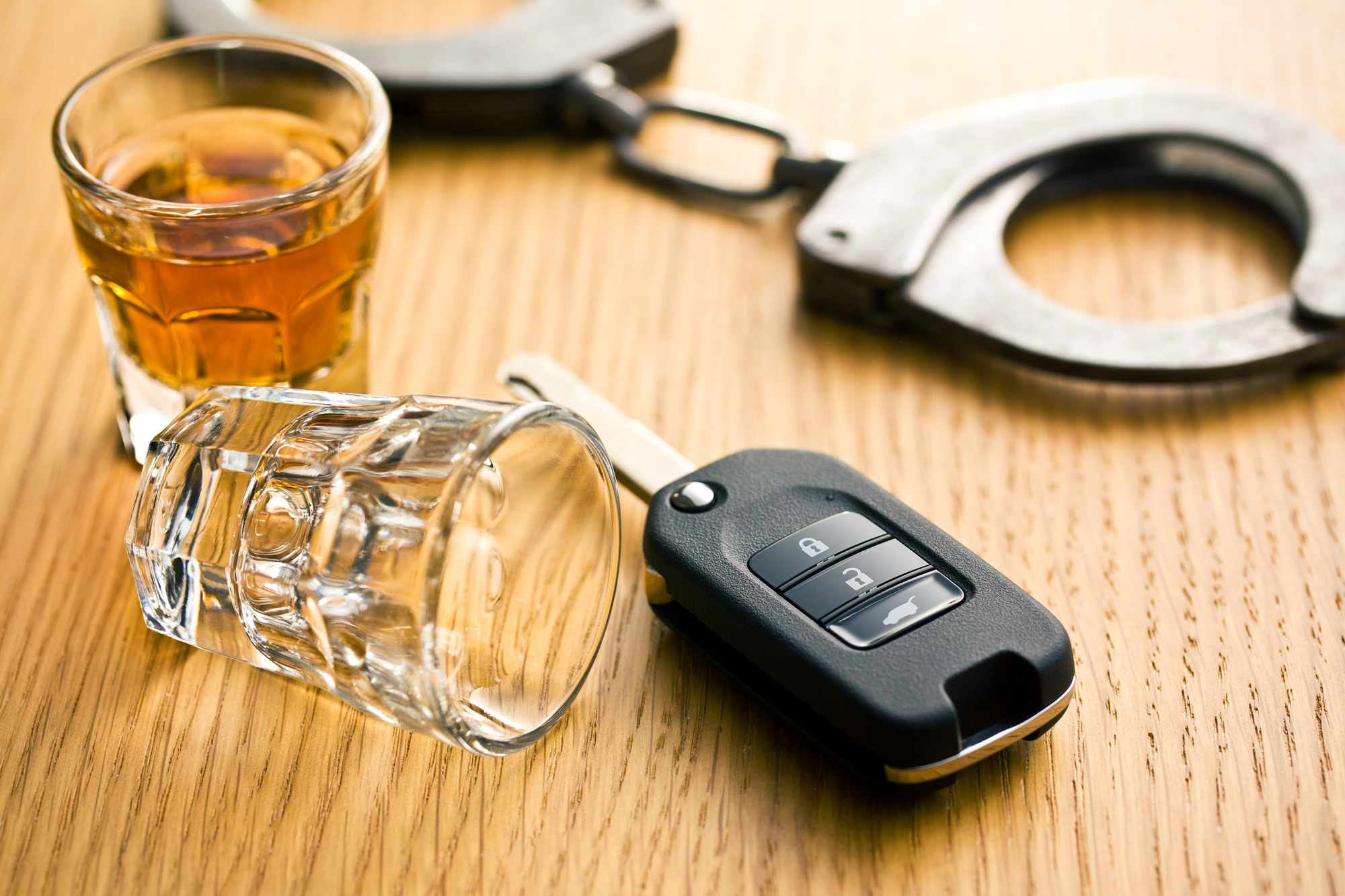In recent years, Canada enacted a controversial law allowing police to perform random breathalyzer tests without the need for suspicion of drunk driving. They can request (demand, really) the alcohol breath test on the road, at the bar, at a restaurant, and even at a person’s home. These tests don’t need to occur because of a suspicion of public drunkenness or impaired driving. They can be done at random, sometimes as late as two hours after a person was last behind the wheel of a motor vehicle.
Initially considered to potentially be unconstitutional, the law remains a hot topic issue, with videos released earlier this year of police showing up at the front door of a man’s home to order an alcohol breath test. Recently, the Supreme Court has decided that police do not have the authority to arrive at private property and demand a random sobriety test.
Do Random Alcohol Screenings Help Limit Drunk Driving?
According to the Mothers Against Drunk Driving (MADD Canada) charitable organization, mandatory alcohol screenings are one of the most useful legal deterrents for preventing impaired driving on the roads of Toronto. Similar laws have been adopted by other nations, resulting in a decrease in drunk driving incidents.
But regardless, the mandatory alcohol screening laws have critics who fear the laws cast too broad of a net.
Can You Refuse a Police Officer’s Request for a Breathalyzer Test in Toronto?
When the police approach a civilian they suspect could be under the influence of alcohol, they may request the opportunity to test their blood alcohol levels with a breathalyzer. They may word this as a request, but it is a demand in actual fact. You do not have the right to deny the breathalyzer test. Nor do you have the right to consult with your defence lawyer before taking the test.
Police may ask for a sample of your breath if they detect the smell of alcohol on your person, see you moving or behaving strangely, raise an eyebrow at how you speak, or are witness to your impaired ability to drive a car. After the initial test, you may be taken to the police station or a medical facility for additional testing.
The thing is that, while mandatory, the police cannot force you to undergo a breathalyzer test. However, the refusal to cooperate will result in criminal charges.
What Are the Consequences of Refusing a Breathalyzer Test or Other BA Test?
You’ll be immediately charged with a criminal offence when you refuse breathalyzers. The consequences include immediately seeing your vehicle impounded for at least one week and your driver’s licence suspended for 90 days.
But these are not the only penalties likely to be in store for those who refuse breathalyzer tests. The first offence comes with a $2,000 fine; the second offence has a minimum imprisonment of 30 days, and the penalties only get worse from there on.
Even if you can avoid a lengthy prison sentence or a hefty fine, you will still have a criminal record, making future employment difficult.
Do Defendants Have Any Legal Defence Strategies for Refusing Breathalyzer Tests?
Luckily, you are not without potential legal defence strategies if you refuse to take a breathalyzer. However, things are stacked against you right from the get-go, as the refusal to take the test implies a level of wrongdoing. That’s why retaining legal representation from an experienced DUI lawyer is so important.
Your criminal defence lawyer may attempt to defend your case by arguing:
- The police abused your rights in some way.
- The police did not act within the scope of their legal authority.
- The accused did not understand the request when it was made.
- The police did not explain the consequences of refusing the test.
Schedule a Case Evaluation with an Experienced Toronto Criminal Defence Lawyer
The law firm of William Jaksa Criminal Litigation has years of experience helping clients through complex legal situations like yours. If you’re in trouble with the law for refusing a breathalyzer test, contact our Toronto law offices immediately to discuss your legal options.
Please call us today at 647-951-8078.




